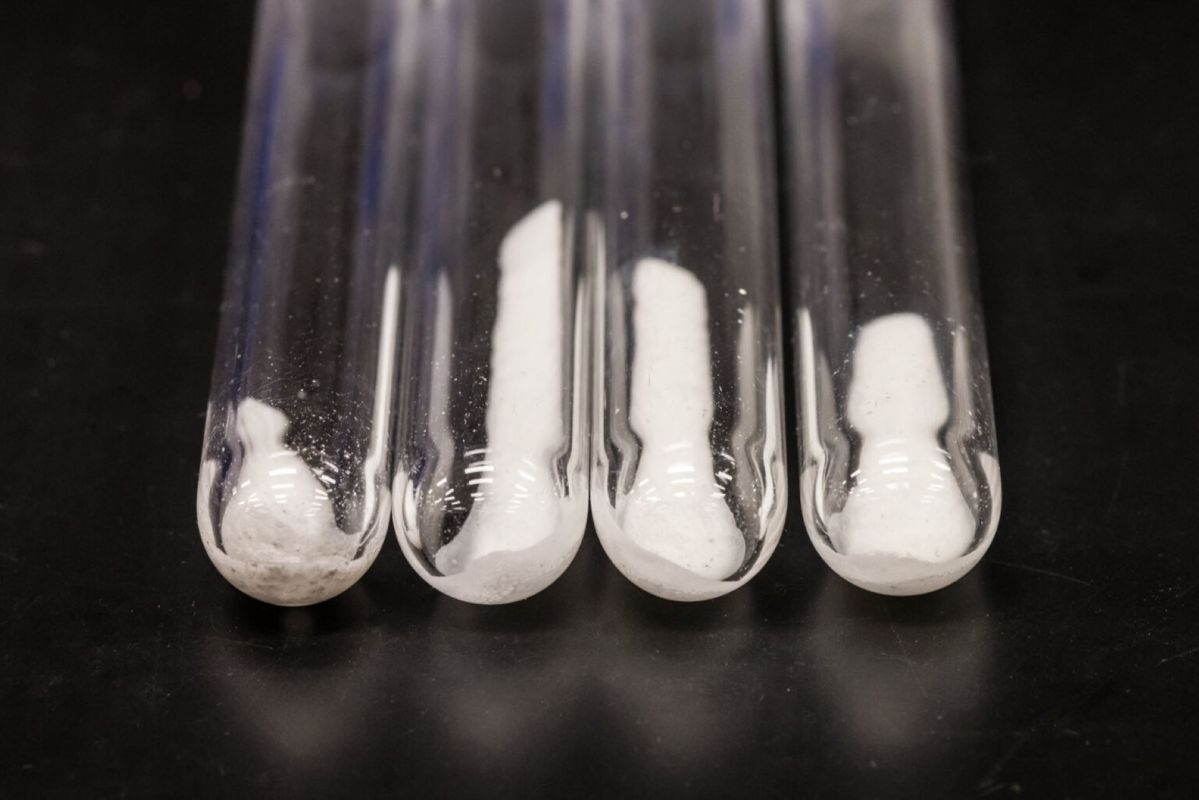One of the most pressing issues for the electric vehicle industry is the question of how to reduce or mitigate the use of lithium in EV batteries.
Now, Microsoft and the U.S. Department of Energy's Pacific Northwest National Laboratory have announced that they may have discovered a new material that could potentially reduce lithium usage by up to 70%.
According to the BBC, researchers used AI tools to narrow down 32 million potential inorganic materials to 18 promising candidates. From those, they created a battery prototype with a new substance — a solid-state electrolyte currently known only as N2116. The researchers successfully tested the battery by using it to power a lightbulb.
While EVs are much more environmentally friendly than traditional gas-powered cars, their lithium-ion batteries do come with significant environmental drawbacks — mainly from the water-intensive, land-degrading process used to mine for the necessary lithium.
The process ends up contaminating nearby water sources and creating other hazards, all to extract a metal that is not a renewable resource and could eventually run out of accessible reserves entirely if the world keeps using it up at its current pace.
Certain solid-state batteries, as opposed to current batteries that use liquid or gel-like lithium, have been referred to as "the holy grail of batteries" due to their potential for powering vehicles with extended ranges, faster charging times, and lower risk of combustion.
As such, scientists all over the world have been working on a viable solid-state battery for EVs. This new AI-assisted breakthrough from Microsoft and the Department of Energy could end up being that battery.
In addition to the solid-state battery, many scientists are also attempting to develop a type of battery that eliminates the need for lithium altogether. Examples of these include sodium-ion batteries, which are being produced in large quantities in China, as well as a battery made of aluminum, salt, nickel, and ceramic.
Join our free newsletter for weekly updates on the coolest innovations improving our lives and saving our planet.









